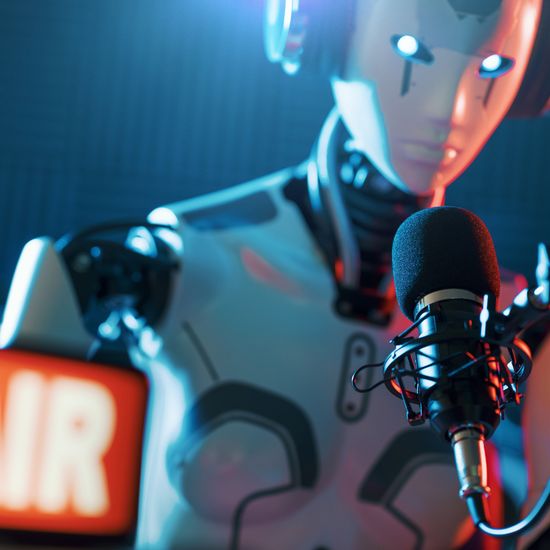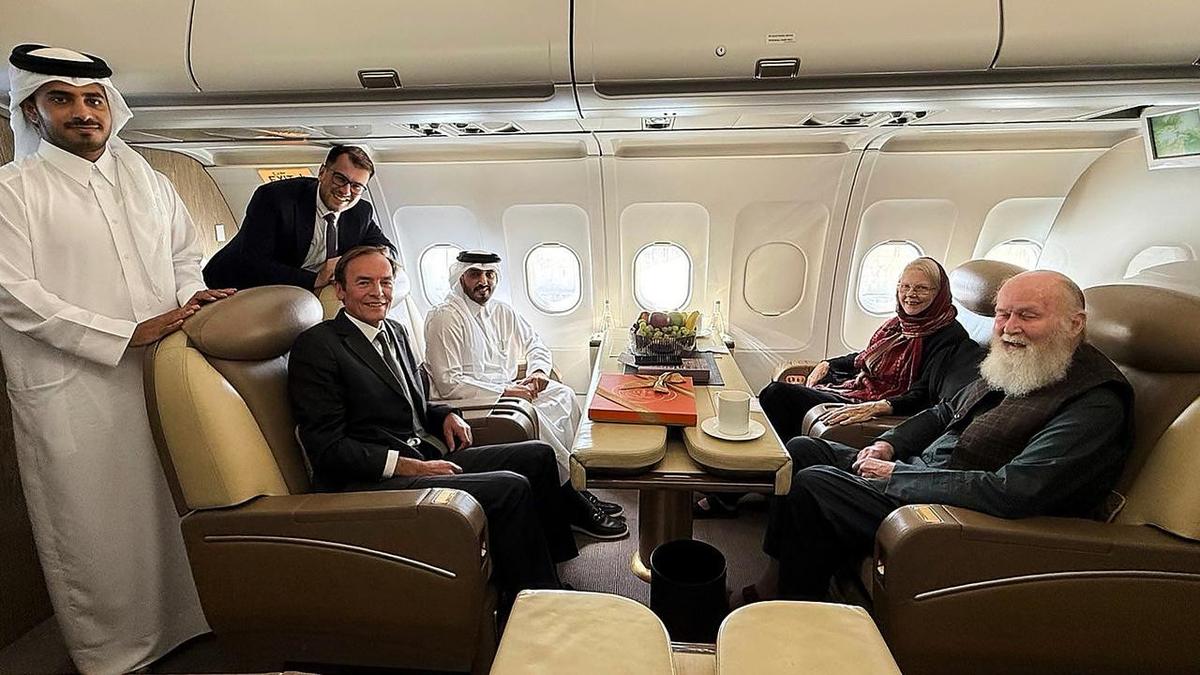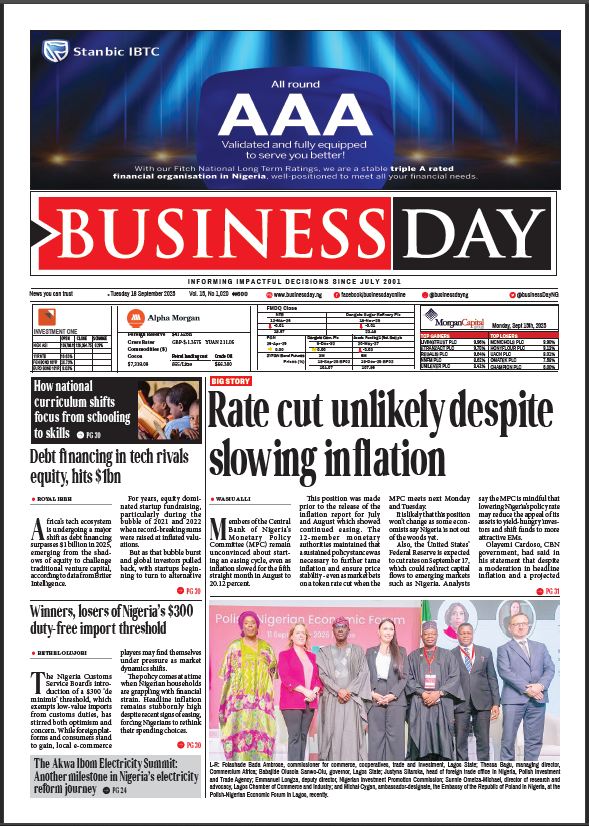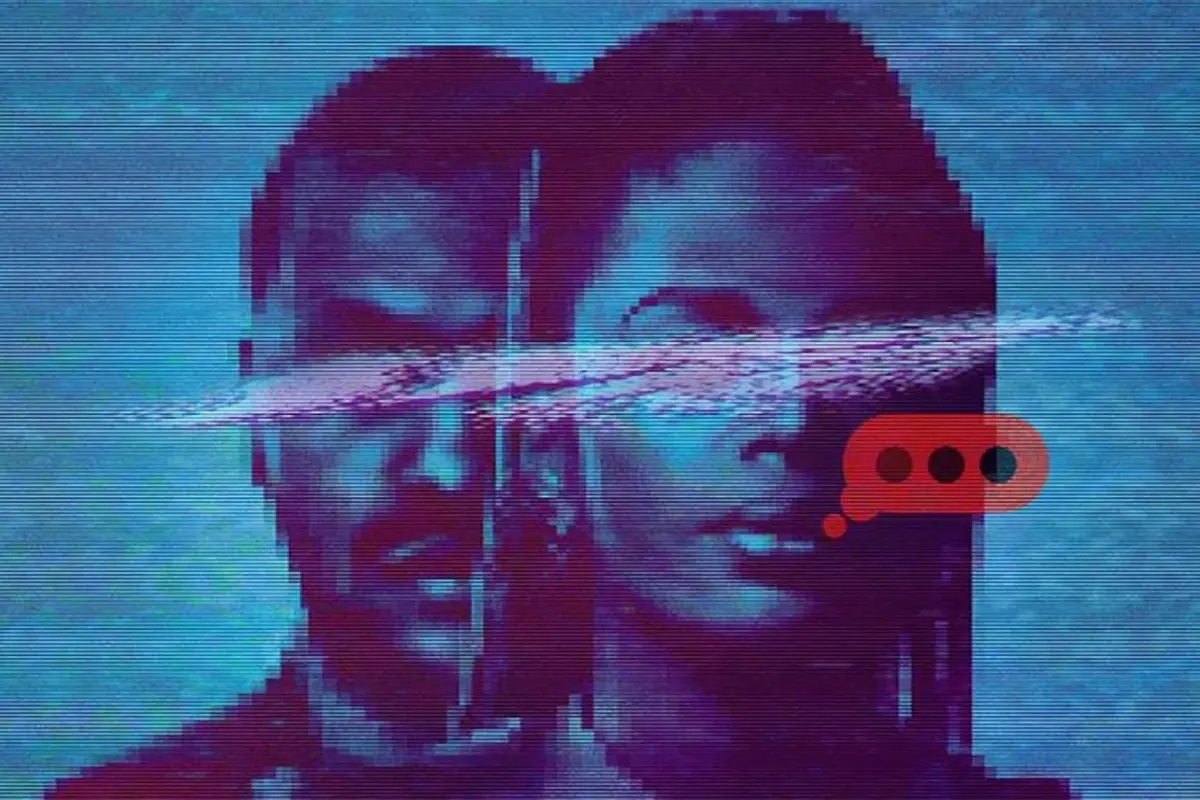By James Hall
Copyright independent

Computer-generated artificial intelligence voices are increasingly replacing human voices in adverts and on podcasts and audiobooks. “If [-voiceover work] is being eroded, you’ve got a very big workforce who are not going to be able to make ends meet,” Mr Hutton (61) says, who’s both angry and deeply concerned about the future for his profession.
Laurence Bouvard provides voices for video games, podcasts and cartoons. She has noticed a big shift in the industry. “The quiet moments have been a lot quieter. Scary quiet. So quiet that I’ve gone, ‘Oh my God, I need to retrain,’” she tells me.
Actors have always relied on voice work, whether as their main income or a financial lifeline between TV or stage roles. Beyond the obvious jobs, voice work encompasses train station announcements, supermarket check-out voices, language-learning videos, online training manuals, awards ceremonies and automated telephone systems.
But recording these using real voices is expensive. Studios must be booked, and producers, actors and editors paid. AI voices, conversely, are cheap or even free: they’re the result of computer algorithms being trained to absorb pre-recorded human speech – sounds that the algorithms then mimic back with intonation and, to a degree, emotion.
Last year around 40,000 audiobooks were created using AI on the Audible platform. Actors’ union Equity expects that figure to double this year. That’s 80,000 meaty jobs pilfered from actors.
A start-up in California called Inception Point AI has made 160,000 podcast episodes using AI voices in the last two years alone. “All I have is a voice,” wrote WH Auden in 1940. If only, actors think in 2025. “It’s terrifying. I’m fully expecting to be out of business in five years,” says the boss of a UK voiceover agency, which sets actors up with jobs.
However, the situation is complicated. Famous actors with recognisable voices – the Stephen Frys of this world – will probably be fine due to their distinctive tones, although Fry himself expressed shock in 2023 when an AI version of his voice was cloned from his Harry Potter audiobook recordings and used to narrate a history documentary.
Also fine will be high-end glossy TV ads – for now. “Currently AI is not so sophisticated that proper creatives at the top end of the business want to have an AI voice rather than a proper human being behind the glass in a recording studio. There’s still space for quality and personality,” the agency boss says.
The work that’s being stolen is work where AI voices are deemed to be just about acceptable as proxies for human voices, says Mr Hutton, who co-hosts a podcast about AI and the creative industries called The Last Human Voice.
“The technology has moved on in the last two years. It was a bit of a joke when it emerged on our horizon, although we were worried about it. Now, it’s about being ‘good enough’ – and AI is good enough for work like corporate videos and IVR [phone systems],” Mr Hutton says.
Brian Merchant is author of the book Blood in the Machine, which examines how technology changed our world.
“How bad it gets will depend on how aggressive executives are willing to be in automating talent, and how much consumers will tolerate it,” Mr Merchant says. “Right now, there’s a substantial ick factor for a lot of people when they listen to a creative product they can tell was generated by AI.”
Voice actor Ms Bouvard feels the ick. Although she concedes AI is “putting people out of work”, she says the “elephant in the room is that the AI is not very good”.
Ms Bouvard, who has a master’s degree in computer science, has even been asked to re-do botched AI voiceovers.
“People thought it would be easier to use AI, and their bosses blew up [when they heard it]. And so they came to me to do the job,” says Ms Bouvard, who sits on Equity’s screen and new media committee. But as Mr Hutton points out, each iteration of AI is better than the one before. And this is why the storm cloud is forever growing: AI today is the worst it will ever be.
Insidiously, the rise of robot voices is leading to a degradation of how the human voice is viewed and valued. The Telegraph has heard about companies using the threat of AI to drive down voice actors’ fees. And Mr Hutton says a “lot” of Equity members have had their voices cloned from adverts, computer games or audio books they did 10 or 15 years ago – back when ‘AI’ was just a Steven Spielberg sci-fi film -– due to their contracts containing “in perpetuity” licensing deals.
These clauses, designed then to give the company for whom actors recorded permanent ownership of those ring-fenced utterances, now legally allow those computer game companies or publishers -to sell the voiceovers to AI companies to be copied.
“People are suddenly finding themselves in TV commercials and on audiobooks all over the place,” Mr Hutton says.
Performers’ rights and consent must be respected
Scottish actor Gayanne Potter is a case in point. In May she was surprised to hear herself as the voice of ScotRail train services. It turned out that the “announcer” was actually an AI character called Iona who had been trained using Ms Potter’s voice – unbeknownst to Ms Potter. ScotRail had acquired the voice from a Swedish company for whom Ms Potter had recorded in 2021.
“Dystopian” and “distressing” is how she describes the situation.
“Performers’ rights and consent must be respected,” she adds. ScotRail recently said it would find a replacement.
Today, contracts include non-AI clauses. But actors are still exposed because the bargaining power against the AI companies lies mainly with the big book publishers and games companies, not the actors themselves. “It really is the Wild West. Artists are right at the bottom of the heap,” Mr Hutton says, who sits on Equity’s audio committee.
But over in California, Jeanine Wright sees AI very differently. Ms Wright, a former senior executive at Amazon’s Wondery podcast division, is the CEO of the aforementioned Inception Point AI, a company eyeing an AI podcast revolution. Her company of eight people produces 3,000 podcast episodes a week – and not a single one is presented by an actual human.
All the voices come from a roster of 60 AI characters with names like Clare Delish, a cooking and lifestyle presenter with Meghan Markle vibes, and Professor Barnaby Thatch, a history presenter with an English accent. Delish and her perfectly-tousled hair even have their own Instagram account (354 followers), in which she describes herself as your “AI culinary bestie”. Delish posts about snack boards and the therapeutic value of chopping. It is unclear whether her clips are filmed in her neighbour’s kitchen.
Speaking to me from an AI conference in San Francisco where drinks are served by robot waiters, Ms Wright explains traditional podcasts with human presenters can cost tens of thousands of dollars an episode to make and can struggle to make a profit, even with many thousands of listeners. “Our average cost is about $1 [85c] an episode for audio-only content and $5 for audio-plus-video content. “When we get about 20 people who listen to a podcast, we’ve reached what we call unit profitability on that podcast,” she says. In other words, low overheads – achieved by cutting out human presenters- – mean their podcasts make money almost immediately.



